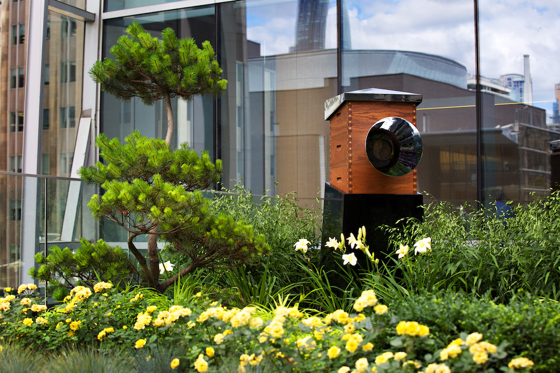The staff at the Shangri-La Hotel, Toronto, knows that it’s all about agility. For General Manager Nancy Munzar Kelly, that has meant invent, re-invent and evolve, particularly with F&B, which provided a critical route to revenue.
“We’ve definitely had to re-invent ourselves, to say the least,” Kelly said shortly after the New Year. “We were the only luxury property in the city that stayed open from the beginning, and basically, nobody understood the pandemic, nor did we think we’d be here in December in a lockdown again.”
The downtown property has some key advantages, including more than 400 permanent condominium residents that are a sort of “captive audience.” One of the first things the F&B department did was focus on takeout and delivery and get on delivery apps. “We had never done that before,” Kelly said.

Learning how to deliver the hotel’s award-winning cuisine was a challenge. “We had to make sure we had the product (ready) for delivery, we had to make sure we had containers that would keep food hot,” she said, which required a learning curve. “We worked very hard to set up (the delivery), and then we looked at the menu engineering to know what was selling and to also know what holds up better in delivery.”
The hotel wound up spending more on containers that kept the food hotter. “We realized that’s such an important component of the actual process,” Kelly said. “And the dishes still have to be put together – it’s different coming out from the kitchen than it is going into somebody’s car.”
The staff found that it was better to keep the components of more complicated dishes separate and have customers assemble them.
A weekend roast special became a signature offering. “People looked forward to what the next Shangri-La roast would be,” she said. Afternoon tea for Mother’s Day became a successful to-go experience, complete with a cardboard setup to display the sandwiches and sweets. For four months, outdoor dining resumed, and as people sought staycations, the hotel began offering in-room dining options.
The hotel started offering in-room wine tasting with international or local wines, with virtual guidance via Zoom. The hotel also offered an in-room bespoke cocktail-making class through Zoom with the hotel’s mixologist, and a Veuve Clicquot trio, pairing the Champagne with a burger and truffle fries.
The hotel also enlisted its third-floor beehive, or “B-Wall,” in the search for revenue. For years, it has produced honey and other products, but the hotel partnered with Flying Monkeys Craft Brewery to create a B-Wall honey lager sold at the hotel and the brewery. It has also been selling mini jars of honey, honey lip balm, honeysuckle soap and reusable beeswax food wrap, sold at the hotel and on its online retail site, where coffee table books and other luxury products are also sold.
This year, the hotel hopes to develop new partnerships and plan different celebrations for holidays, and give people a reason to do something different. “We have to be adaptable, and we have to stay relevant,” Kelly said. “You have to come up with a new idea and give people a new reason to come and stay.”
“Through the first several months, we absolutely realized, regardless of whether there’s a lockdown or there isn’t a lockdown, we’re an essential service, and we have an incredible food and beverage product,” Kelly said. “I think that it is going to take a long time for business to recover and get back to what it was… We’re going to continue to build on everything we’ve done, but also try to be as creative as we can.”
